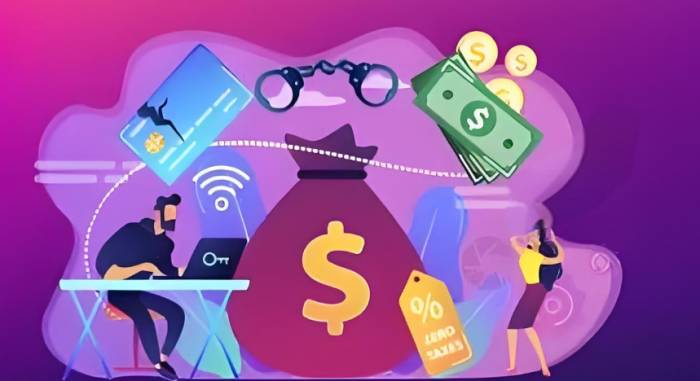-
Ultimate Guide to the Best Philippines Diving Places: From Tubbataha to Coron
Jan 15,2026 -
Understanding and Responding to Global Coral Bleaching Events
Feb 04,2026 -
Zooxanthellae and Coral Bleaching: The Essential Guide
Jan 05,2026 -
Ultimate Guide to the Best Places to Dive with Whale Sharks
Jan 08,2026 -
Swim with Sea Turtles: Top 10 Global Destinations & How to Do It Right
Jan 05,2026 -
Is There Scuba Diving in Arizona? A Complete Guide to Desert Diving Adventures
Jan 25,2026 -
Mexico Diving Season: Your Ultimate Guide to Timing, Places & Marine Life
Jan 18,2026 -
Scuba Diving at Georgia Aquarium: A Complete Guide
Feb 08,2026 -
Can You Scuba Dive in an Aquarium? Your Complete Guide to Underwater Encounters
Feb 09,2026 -
Navigating Irrational Markets for Wealth Growth
Jul 26,2024
US Inflation Data Disrupts Market Expectations; Fed Officials Reiterate Support for "Gradual" Rate Cuts
I. The Enigma of Interest Rate Cuts: Is the Monster of Inflation Making a Comeback?
The Federal Reserve has been quite active this year, first implementing its first interest rate cut in four years, followed by a significant "50 basis points" plunge, citing weak labor market and falling inflation as the reasons. The market rejoiced, as if seeing the dawn of economic recovery. However, this optimism was short-lived, as the core CPI data in September struck like a thunderbolt, shattering people's illusions. The monster of inflation was not only not tamed but seemed to be rearing its head. Market expectations flipped instantly, from the revelry of rate cuts to concerns about the future economy.
II. Officials "Playing Tai Chi": Where is the Market Headed?
Faced with the sudden data "slap in the face," Federal Reserve officials began their "Tai Chi performance." Dallas Fed President Logan played the "stability card," advocating for "gradual" rate cuts, as if to say, "Don't panic, everything is under control." New York Fed President Williams, on the other hand, put on a demeanor of "unperturbed even if Mount Tai collapses," expressing no concern over CPI data, hinting at continued rate cuts. However, Atlanta Fed President Bostic sang a different tune, claiming to be open to not cutting rates in November. The officials' "everyone speaks their own mind" left the market even more confused, unsure of whom to believe.
III. Dispelling the Fog: Who is Manipulating this "Money Game"?
On the surface, this appears to be a game of chess between inflation data and Federal Reserve officials. However, what are the deeper underlying reasons?
Misalignment between Economic Fundamentals and Policies:

The Federal Reserve's decision to cut rates was based on expectations of economic slowdown and falling inflation. However, the September CPI data indicated that the economic fundamentals may not be as bad as anticipated, and inflationary pressures still exist. This reveals a potential misjudgment by the Federal Reserve regarding the economic situation.
Loss of Control over Market Expectation Management:
The "Tai Chi performance" of Federal Reserve officials has exacerbated market confusion. On one hand, they attempt to soothe market sentiments and prevent panic; on the other hand, they have to acknowledge the risks in the economy, leaving room for future policy adjustments. This ambiguous attitude has instead left the market even more at a loss.Intensification of Global Economic Downward Risks:
External factors such as the slowdown in global economic growth and the continuous escalation of trade frictions also exert pressure on the U.S. economy, increasing market uncertainty.
So, what impacts and consequences will this "money game" bring?
Increased Market Volatility:
As the uncertainty surrounding the Federal Reserve's policy direction increases, market volatility will further intensify, and investors will face greater risks.
Economic Recovery Outlook Clouded:
If the Federal Reserve fails to effectively control inflation, the pace of economic recovery may slow down, and there may even be a risk of recession.
Widen the Gap in Wealth Distribution:
Interest rate reduction policies may exacerbate the wealth gap, as the rich are more likely to benefit from a low-interest-rate environment, while the general public may face greater living pressures.
Your comment